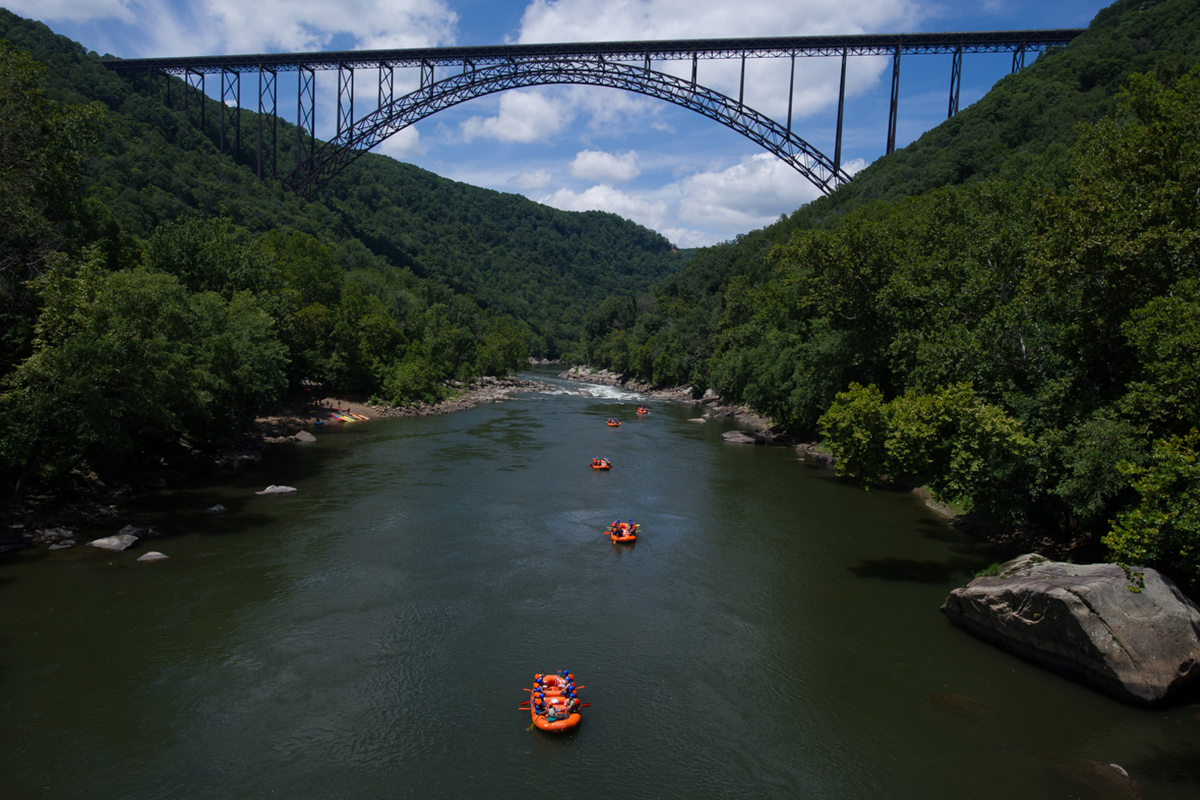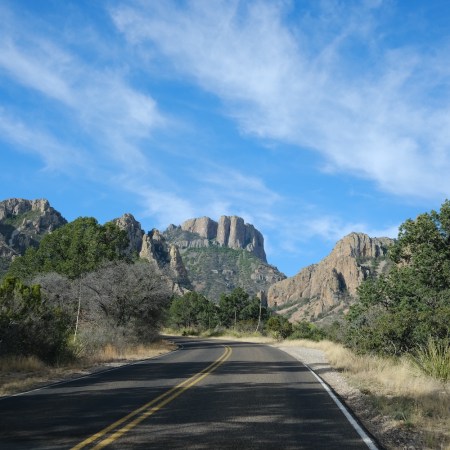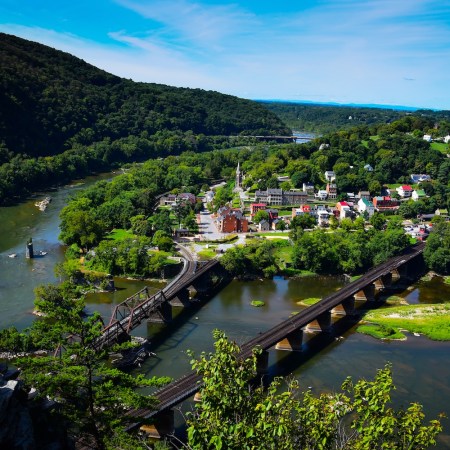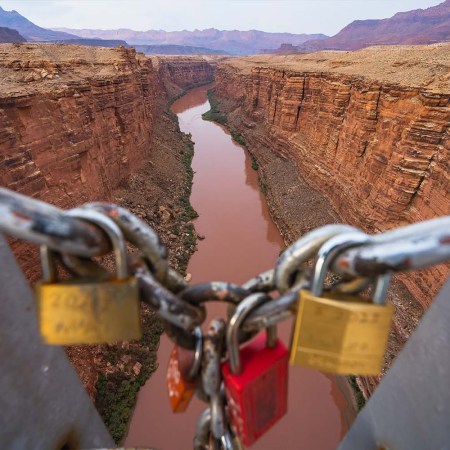Congress’s latest COVID-19 stimulus package is an omnibus bill, which means it isn’t just allotting $900 billion for emergency coronavirus relief. The 5,600-page bill also lays out fiscal appropriations for the new year, asks federal branches to research how many artificial intelligence positions they will need in the next five years, and introduces a measure that would turn illegal streaming for corporate profit into a felony.
It’s heavy stuff. Except for one bright spot buried in all that text: the United States is prepared to announce its newest national park. West Virginia’s New River Gorge, a national river since 1978, will become a national park. The designation comes after a bipartisan push from U.S. Senators Shelley Moore Capito (R) and Joe Manchin (D), who originally introduced legislation in October 2019. New River Gorge, known locally as “the New,” will be West Virginia’s first ever national park, the 63rd in the nation, and the third to be added to the list in the last two years.
The change will go into effect in early 2021, a few weeks into President elect Joe Biden’s tenure. If you’re a big fan of whitewater rafting or climbing, you’re probably already familiar with the New. The 73,000-acre canyon has 53 miles of whitewater — considered some of the best in the country — while climbers enjoy 1,5000 routes on sandstone walls throughout the gorge.
Senator Capito expects a 20% visitation increase next year. National Park status results in tangible cultural capital and tourism dollars, and for a state in flux like West Virginia, adding its first could not come at a better time.
The key change as the gorge shifts from national “river” to “park” status will involve the area immediately around the river. The heart of the gorge will now be protected forever, and environmental advocates will have an easier time sourcing funds to keep the water clean. Local hunters seem less than enthused at the moment — they won’t be allowed to hunt in the lower region of the gorge anymore — but they’ll still have over 65,000 acres of backcountry at their disposal.
All told, this is a win for the state and anyone who lives near it. In case you’re planning a trip for the latter half of next year, the closest cities to the park are Pittsburgh (3.5 hours), Washington, D.C. (4.5 hours), and Cincinnati (4.5 hours).
Thanks for reading InsideHook. Sign up for our daily newsletter and be in the know.


















